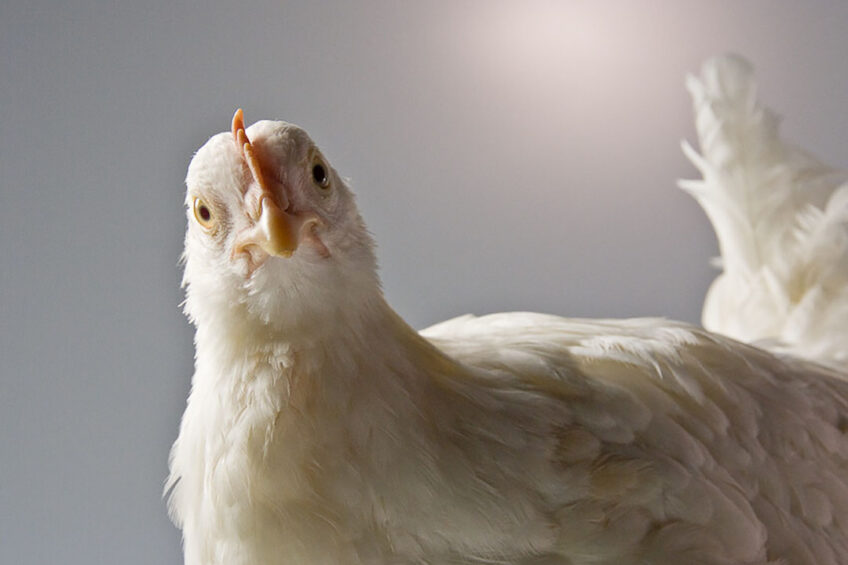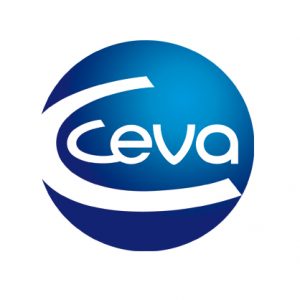Live ND vaccines alone not ideal in high challenge

Poultry producers in endemic regions to velogenic Newcastle disease (ND) strains face a difficult challenge to keep this persistent field virus away from their commercial operations in spite of overly vaccinated flocks. Live ND vaccines are an essential piece of a complete vaccination programme, but they are not the only option.
Newcastle disease is a highly contagious and often severe disease present worldwide that affects multiple species of birds, including domestic poultry. In high-challenge areas, the application of live and vectorised vaccines is highly effective and safe. Until the vector Newcastle disease vaccines was developed, there used to be some common practices with increasing the number of live Newcastle disease vaccines depending on the higher Newcastle disease challenges.
However, indeed, there are consequences of increasing the live Newcastle disease vaccines such as post vaccination reactions, reduced flock uniformity, higher Newcastle disease virus shedding and circulation.
Post vaccination reactions
Post vaccination reactions can lead to subtle to overt respiratory signs because of the inflammation of the trachea. It may worsen in case of suboptimal husbandry conditions (too high stocking density, high ammonia level, wet litter, poor ventilation). As a result, flock uniformity will decrease and secondary opportunistic respiratory infections (e.g., E. coli) may arise with the need to apply antibiotic medication. Ultimately, slaughterhouse condemnations may increase due to excessive airsacculitis.
A case study of live vaccines
The application of live vaccines in the field can cause the appearance of unwanted post-vaccination reactions. A broiler producing company showed respiratory symptoms from 25 days of age. The conventional vaccination programme of this company against Newcastle disease was based on 4 live vaccines:
- 2 clone LaSota applications via spray at day-old and at day 7.
- 2 LaSota applications by drinking water at day 12 and 21.
Due to the frequent occurrence of post-vaccination respiratory problems, it was decided to carry out a comparative study between 2 groups of chickens. In the first group, the aforementioned vaccination programme was applied and in the second group, in addition to the vaccination programme with live Newcastle disease vaccines, they were vaccinated with Vectormune ND at day-old at the hatchery. Each study group included more than 1 million commercial broilers.
Material and methods
To evaluate the effect on tracheal tissue, 15 chickens were randomly chosen from each group at 25 days of age. Healthy birds were selected and none of the flocks showed respiratory symptoms during the previous days.
Complete trachea samples from the larynx to the bifurcation of the bronchi were taken. Histological evaluation was done using a scoring scale ranging from 0 (no inflammatory lesion) to 3 (severe inflammatory lesions) in an independent laboratory. Previously a control necropsy was performed to verify the absence of lesions.




At 43 days of age, a serological HI test study was carried out and an economic evaluation of both groups was analysed.
Results
The conventional vaccine programme birds clearly showed a higher level of inflammatory lesions both in the upper and lower tract of the trachea than in the group of birds also vaccinated with Vectormune ND.
Vectormune ND programme – upper part of the trachea scoring

Conventional vaccination programme – upper part of trachea scoring

Vectormune ND programme – lower part of the trachea scoring

Conventional vaccination programme – lower part of trachea scoring

Regarding serology, only 31% of the birds vaccinated with the conventional programme showed protective antibody levels (HI titre > 3 log2), while 100% of the birds vaccinated with Vectormune ND showed protective levels of antibodies.
Analysing broiler performances, the Vectormune ND group showed an improvement in the productive parameters compared to the group vaccinated with the conventional programme.
Vectormune ND group showed an improvement of:
- 21 points in EPEF
- 3.3% better livability
- 1.2 kg more of meat/sqm (54 t extra meat for 1 million birds)
Conclusion
- Histological analysis of the trachea revealed the negative impact of repeated applications of LaSota vaccine. These post vaccination reactions are likely to affect the trachea health and facilitate respiratory outbreaks. This can also be a predisposition factor for any other pathogen leading to complicated respiratory diseases.
- Vectormune ND is decreasing the intensity of LaSota vaccine post vaccination reaction and decreasing the number of respiratory outbreaks.
- Vectormune ND also minimises the Newcastle disease virus transmission.
- Vectormune ND group showed a better immune response level measured with HI tests which is evidencing a more consistent immunisation.
- Vectormune ND group, showed stronger economical results livability, European index, meat kg/sqm (parameters requested by the customer).






